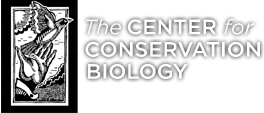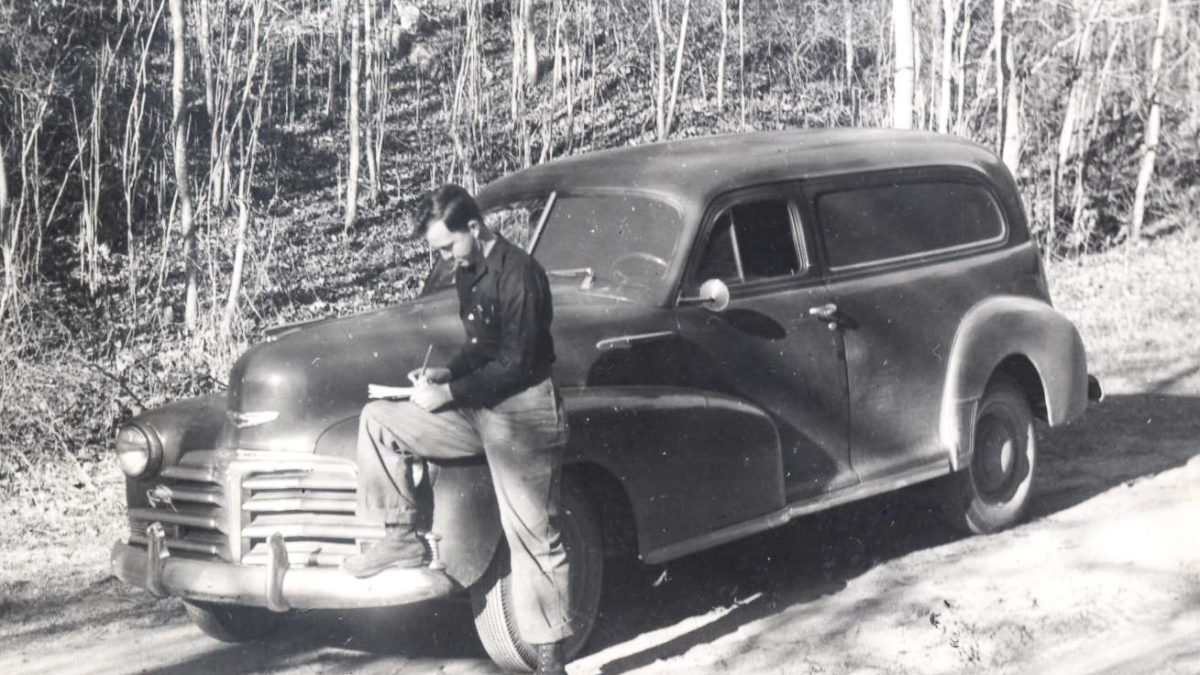The Gathering
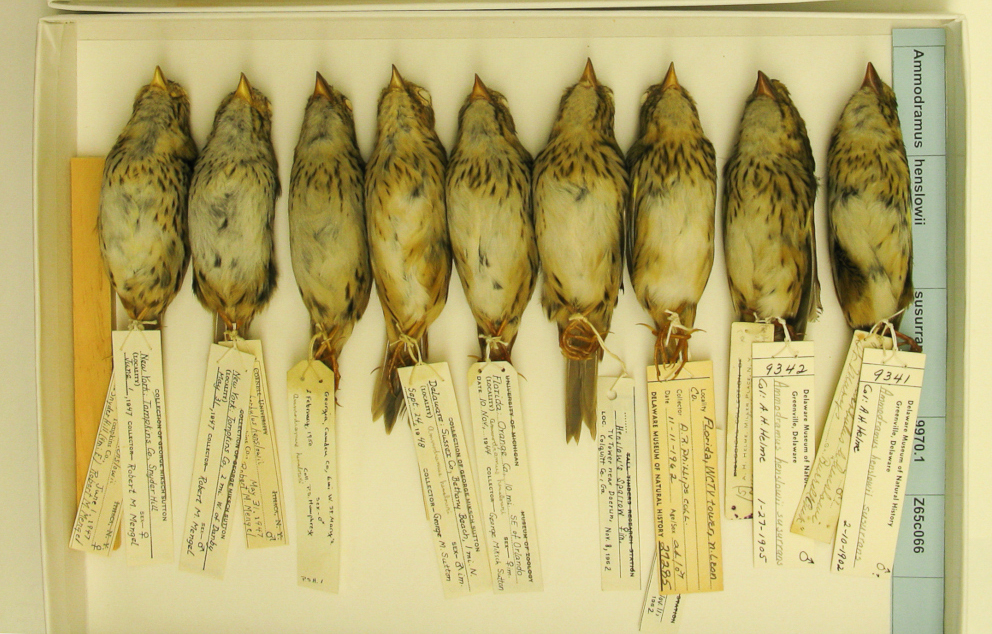
Henslow’s Lament
March 21, 2023
Management Guidance for Eastern Black Rail
March 29, 2023
By: Bryan Watts
3/27/23
As Covid-19 began to wane during the summer of 2022 and as Dr. Byrd (Chancellor Professor Emeritus) celebrated his 94th birthday we felt that the time was right to host a get together for previous graduate students, colleagues and friends. For several years The Center had received numerous contacts inquiring about an opportunity for a visit with Dr. Byrd. On October 4th, the word went out that The Center would hold a reception in Leadership Hall of the Alumni House during the afternoon of 21 January 2023. Rather than having a formal agenda, the reception would provide an opportunity to catch up and spend time with old friends.
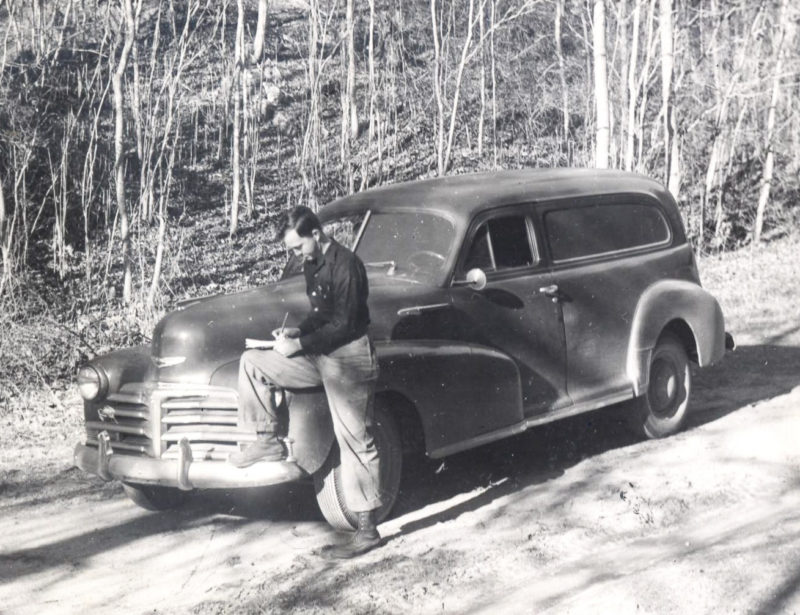
The reception was an inspiring gathering of students who had worked with birds in William & Mary over a period of more than five decades. Attendees included Dr. Byrd’s first graduate student (Dr. Hans Wachtmeister, class of 1971) through the latest graduate student to work through The Center (Michael Academia, class of 2022). Students traveled from across the country including Washington state, Oregon, Indiana, New Hampshire, Delaware, Georgia and from throughout the mid-Atlantic to visit with Dr. Byrd and each other. It was special to interact with students and colleagues across such a wide span of time. So many people in one place that have gone on to make their own unique mark on conservation. Each came to spend time with old classmates but in particular to spend an afternoon with Dr. Byrd.
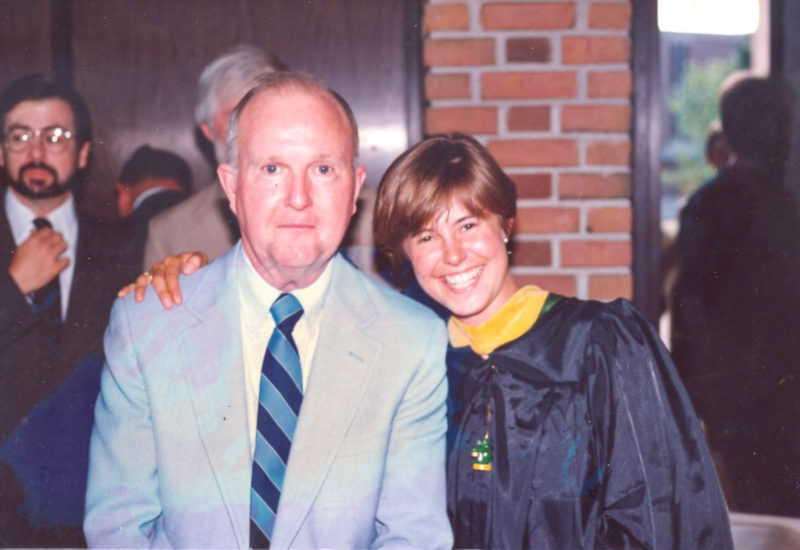
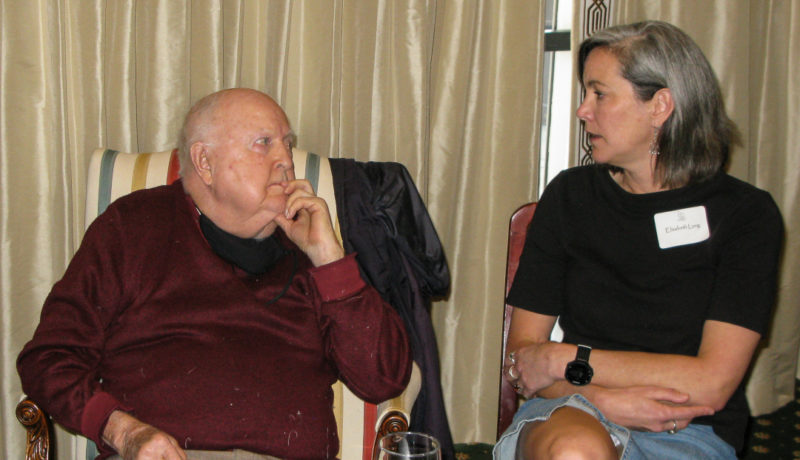
Bob Duncan (retired director of the Virginia Department of Wildlife Resources) has for decades stated it right – “Dr. Byrd is the one person in Virginia who should have drawn two salaries from the state, including one for his work with students in William & Mary and one for his tireless work with the Game Commission and bird conservation.” We are hard pressed to find anyone who has done more on both counts.
Dr. Byrd has had a profound impact on William & Mary as an institution and most importantly he has inspired thousands of William & Mary students. Dr Byrd joined the biology faculty in 1956 when the department had five faculty members and was housed in the basement of Washington Hall. He would later serve as department chair for 12 years during a time of great expansion including the construction of a new academic building, the establishment of a graduate program and the growth and diversification of faculty. The biology department has always produced students that have entered medical schools throughout the country. For more than three decades, Dr. Byrd worked tirelessly on behalf of students so that they could realize their dreams of completing advanced degrees. During the 1970s, as his work would increasingly focus on birds of conservation concern, Dr. Byrd would attract students in droves to the emerging field of conservation biology and inspire them to become engaged with fieldwork. These students would disperse throughout the world and help shape the conservation movement. William & Mary would become known for work in bird conservation.
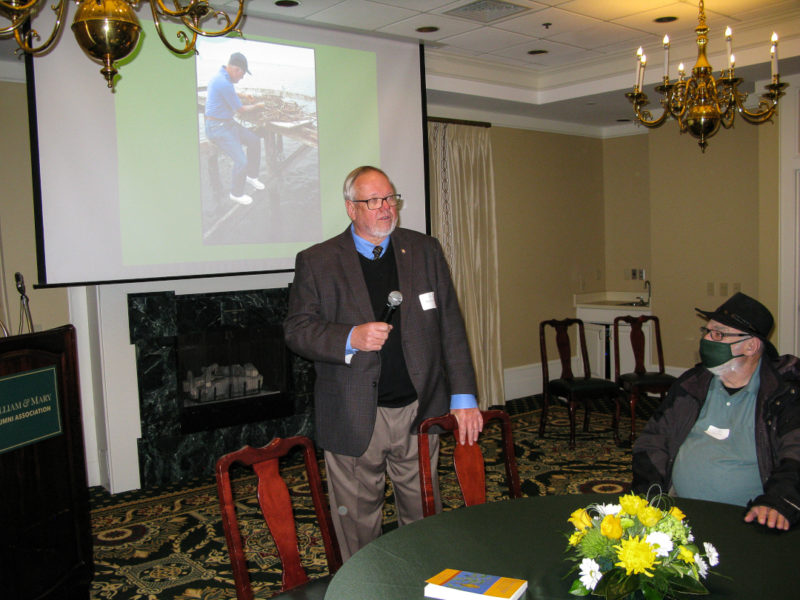
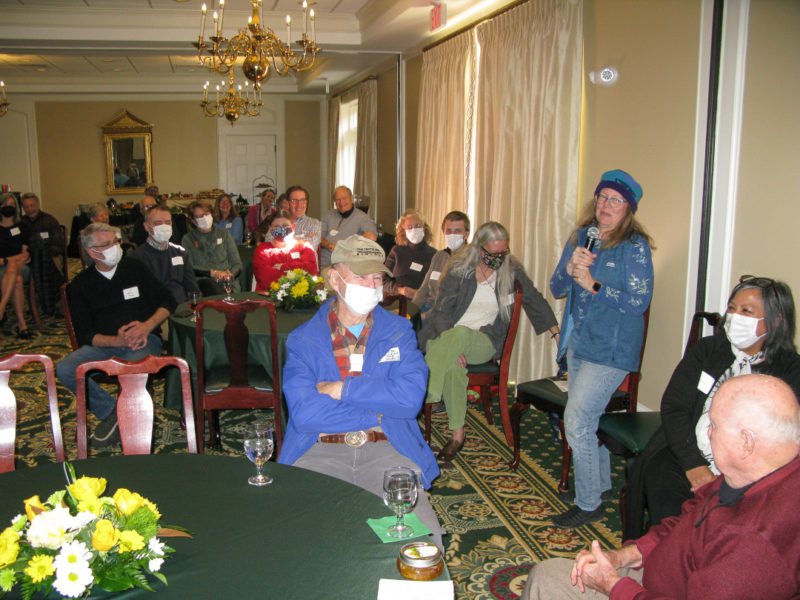
Dr. Byrd grew up in Franklin, Virginia and has had an interest in birds and wildlife from an early age. During the height of the DDT era in the late 1960s and early 1970s, Dr. Byrd’s work increasingly began to shift from parasitology and other game management issues to the recovery of nongame birds. He worked closely with the Virginia Game Commission on osprey management, bald eagle recovery and peregrine falcon restoration. During the 1970s, state and federal agencies across the country became increasingly involved in the management of nongame species. Dr. Byrd would help guide the development of the nongame program in Virginia. He would help start monitoring and management programs focused on the most threatened birds in the state. During this time, Dr. Byrd involved dozens of graduate and undergraduate students in these efforts. These hands on experiences would inspire many future careers.
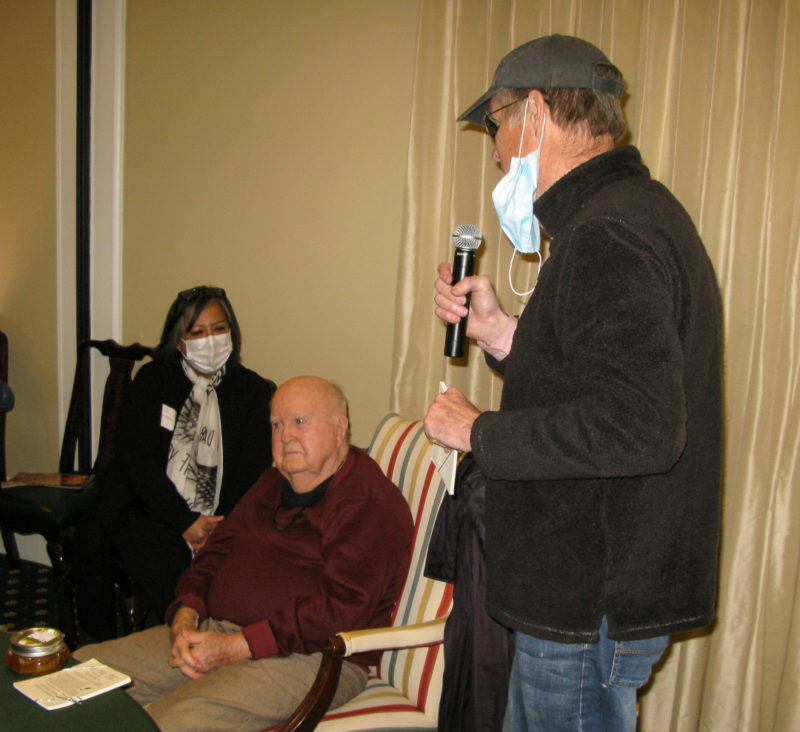
From his time in the late 1940s as an undergraduate at Virginia Tech to his last eagle survey flights in 2020, Dr. Byrd has been in the field collecting data on birds for more than 70 years. Through all of these years, Dr. Byrd has remained the same. He continues to be as passionate about bird conservation, as engaged with current events, as sharp, witty and kind as ever. Dr. Byrd’s selfless work to protect species and to support students is what has drawn so many people to him over the decades. The gathering of students, friends and colleagues in Leadership Hall was a memorable afternoon for so many who were mentored by Dr. Byrd.
